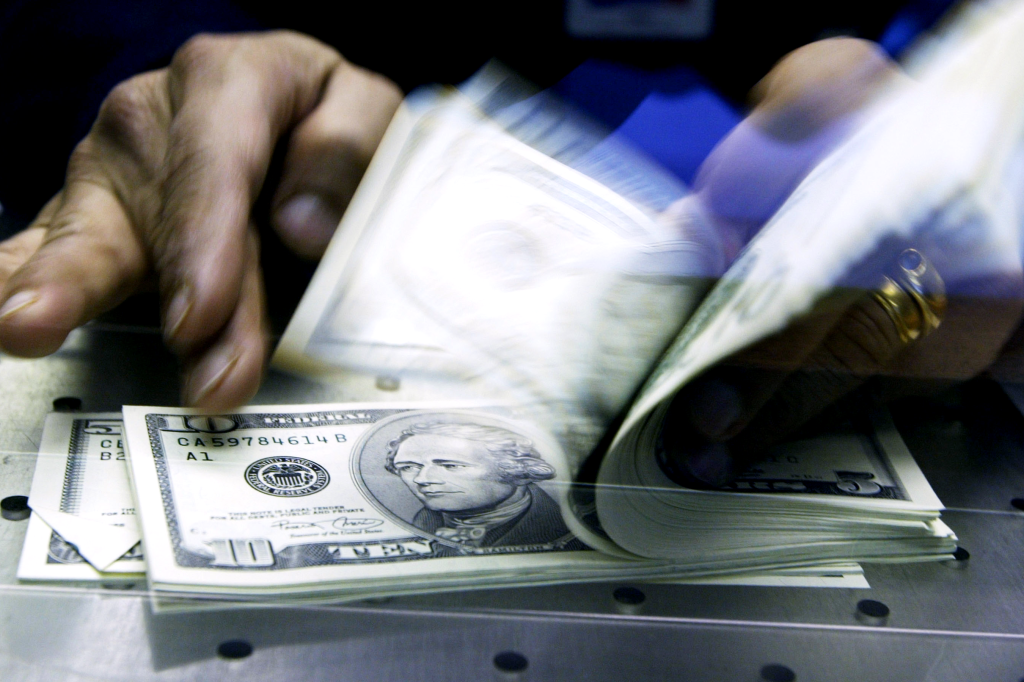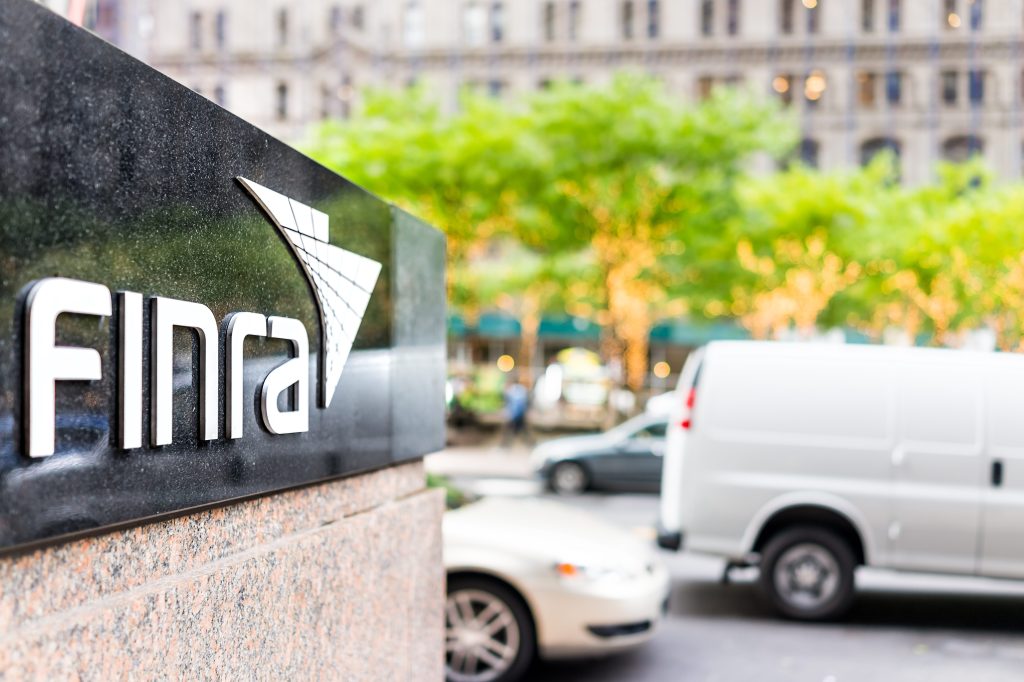Dowling’s comments echo those of Jeremy Allaire, CEO of payments company Circle, which issues USD Coin (USDC).
“Stablecoins are the lowest-hanging fruit. It’s the most straightforward. It’s a foundational piece,” Allaire said last week at Davos, speaking of the need for a new global financial market infrastructure. “This is a live policy issue. This is not a put your head in the sand and hope it goes away.”
Tether, USDC, and Binance USD (BUSD) are the top three stablecoins by market cap. TerraUSD occupied third place until its sudden collapse in May 2022, highlighting the need for regulation.
“Last year we had a lot of different bills dropping. There’s renewed interest to make stablecoins the first piece of the legislative puzzle,” said Katherine Dowling, Chief Compliance Officer, Bitwise Asset Management. “Regardless of whether you are pro or con on crypto, there’s a sense among a number of members of Congress that something must be done and stablecoin is the first piece because it’s a narrower issue than the larger, meatier issue of general market structure.”
A Stablecoin Transparency Act was discussed in early 2022. The bill requires a stablecoin issuer to hold all reserves associated with each fiat currency-backed stablecoin they issue in (1) certain government securities; (2) fully collateralized security repurchase agreements, or (3) US dollars or other nondigital currency. But a major challenge is deciding how to regulate internationally.
“We’re going to see a two-tiered system. As we rebuild the trust and get the rules of the road for the onshore companies, we create a much better environment and give a market for folks who want to get in safely after the FTX debacle.”
Katherine Dowling, Chief Compliance Officer, Bitwise Asset Management
“We’re going to see a two-tiered system. As we rebuild the trust and get the rules of the road for the onshore companies, we create a much better environment and give a market for folks who want to get in safely after the FTX debacle,” Dowling said. “[FTX] provides a real-world example of what can happen when you don’t have legislation. FTX is offshore and perhaps a lot of what has occurred could have been avoided had we had all of FTX onshore and subject to regulations and US laws.”
Commodity Futures Trading Commission (CFTC) Commissioner Christy Goldsmith Romero recently spoke on FTX and the need for experienced professionals to “step up, and call for compliance, controls and other governance, without allowing the promise of riches and the company’s marketing pitch to silence their objections to obvious deficiencies”.
She said experienced compliance, legal and financial professionals have “failed customers in their essential duties”, fuelling a “crisis of trust” in crypto markets.
She had previously said in October 2022 that “the credibility of stablecoins could be significantly bolstered by regular independent audits of the stabilization mechanism or quality of underlying assets”.












